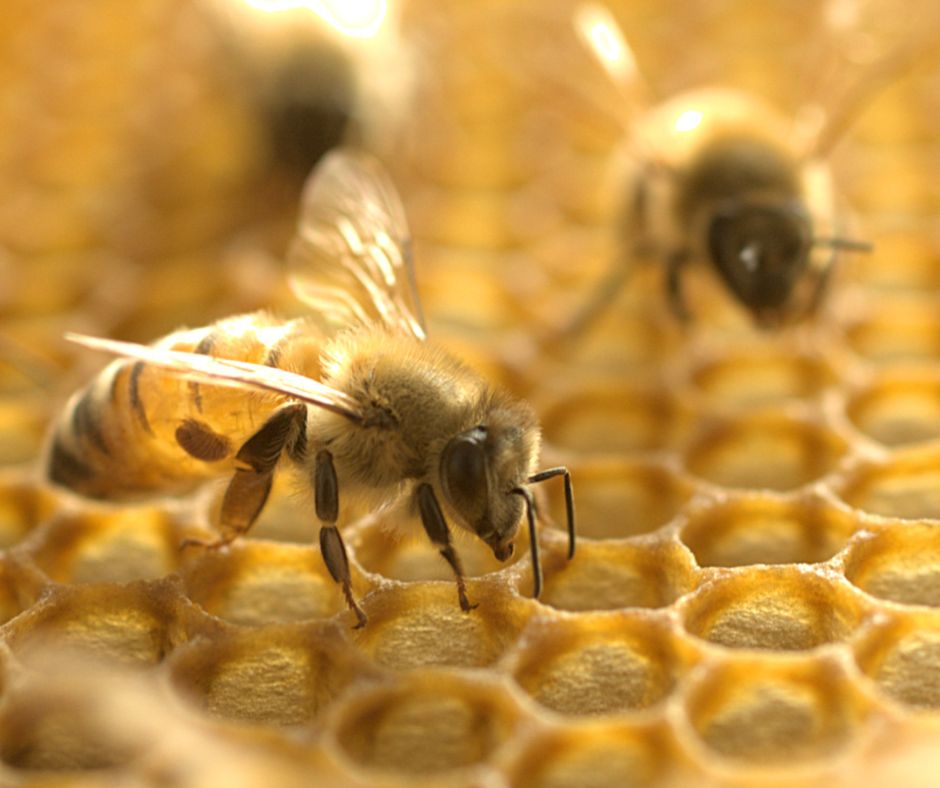Manuka honey was first identified to contain unique properties in 1980 by New Zealand biochemist, Peter Molan. It was this moment that began the domino effect of scientists eager to learn more about this wonder of nature. Studies and reviews of monofloral Manuka honey have been conducted all across the world to discover the true natural potential of this popular honey.
This blog will delve into a handful of the many studies that have been conducted throughout the last few decades. It should be noted that the results of these experiments should not be applied to lifestyle situations but just to show the activity of Manuka honey in a controlled environment.
The Biological Activity of Manuka Honey
Since the dawn of time, honey has been used as a remedy for several ailments. From cultures spanning the globe to naturopaths in modern times, many have suggested that honey contains healing properties. Manuka honey, however, which is native to New Zealand, has been suggested to be a natural remedy for several issues.
From the initial research of this native treasure, scientists have been able to explore its chemical and bioactive properties. According to a scientific review conducted in 2014, the specific chemicals within Manuka honey likely made it more unique than conventional honey. The polyphenolic composition combined with the bioactive ingredients like methylglyoxal (MGO) and dihydroxyacetone (DHA) showed signs that high UMF™ Manuka honey may show antibacterial and antioxidant activity.
Has Antibacterial Activity Been Observed with Manuka Honey?
There have been several claims that speak to the antibacterial nature of pure monofloral Manuka honey. How trustworthy are these suggestions and does it hold true within the scientific community? Going back to 1994, a study was published in the Journal of the Royal Society of Medicine. The resulting experiment showed that when a specific concentration of Manuka honey was applied to the bacteria, helicobacter pylori, growth was stunted.
This specific bacteria has been suggested to be one of the causes of dyspepsia (commonly known as ‘indigestion’). Although there are signs that there may be antibacterial activity taking place at a microscopic level within this pure Manuka honey - it should be made clear that this is not a cure for indigestion.
Why Do People Say Manuka Honey Has Healing Properties?
As we’ve already established, Manuka honey has an array of different uses. With history showing us that humans have used honey in natural healing for centuries - it should come as no surprise that many are still interested in this natural alternative. However, the science in this specific area is conflicting.
The environment in which Manuka honey investigations are carried out plays such an important role in drawing conclusions. For example, a study conducted in 2017 wanted to assess the health benefits of Manuka honey regarding skin regeneration. Although the study came to the conclusion that the bacterial growth inhibition helped the tissue regenerate faster due to the immune modulations - we need to remember that these studies are done at an in-vitro level or in an artificial environment. This study also concludes by saying that further studies are required to receive detailed information on the active components.
Could Manuka Honey Be Used with Antibiotics To Assist In Healing?
In recent years, scientists have been exploring the idea that high UMF™ Manuka honey (medical grade) may have a place to be used in conjunction with medicated antibiotics. It’s important to be aware that this is a theory and no attempt should be made to mix these two but a study conducted in 2018 delivered some interesting results.
When combining a medical-grade Manuka honey with the antibiotic, Rifampicin, scientists were able to observe combined activity between the two. Scientists saw components from the bacteria, Staphylococcus aureus, prevented from growing. Although this is not a cure for any antibacterial infections, it’s exciting to see that this unique natural gold may play a role in activity at the microscopic level.
PURITI Can Provide You With 100% Pure New Zealand Mānuka Honey
At PURITI, we provide multi-purposeful UMF™-certified Mānuka honey that exceeds all necessary requirements to guarantee purity and potency. Each Mānuka honey product that we sell exceeds the minimum required leptosperin and MGO concentrations set by UMF™HA. As a result, consumers can buy from PURITI with confidence knowing that we are only selling 100% genuine New Zealand Mānuka honey.
PURITI also includes 11 separate anti-counterfeit measures within our packaging - we provide absolute quality assurance to our customers. As a sacred product of New Zealand, we want to ensure customers receive the best level of quality that PURITI can offer.
If you’re looking to buy high-quality, genuine New Zealand Mānuka honey online, the great selection of items at PURITI will be the perfect place to browse an extensive range of premium products.
Buy our Mānuka honey online for all your wellness needs.





